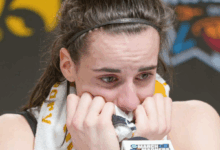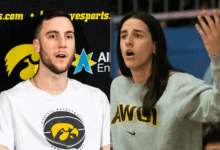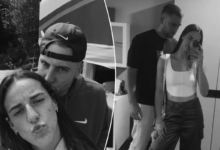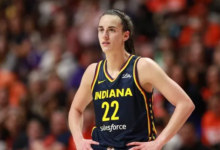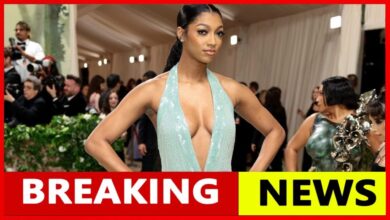WNBA players face the troubling aspect of racism and threats
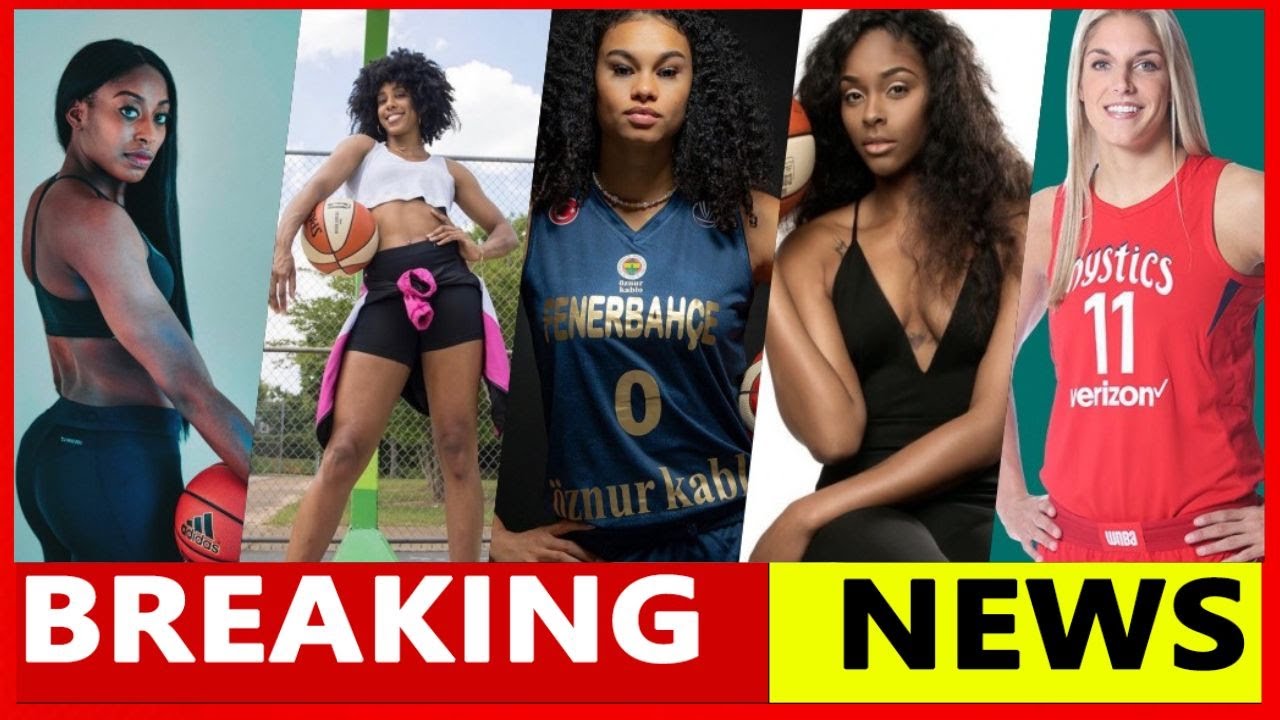
WNBA players are grappling with a troubling surge of racist, misogynistic, and homophobic harassment, coinciding with the league’s record-breaking viewership and attendance this season. While the growth of women’s basketball has been eagerly awaited, the playoffs have brought an unfortunate downside. Instead of solely focusing on winning, many athletes have been forced to confront an influx of threatening and abusive attacks. This rise in harassment has taken a significant mental toll on the players, leading some to question the league’s commitment to their well-being as it navigates the heightened attention surrounding stars like Caitlin Clark and Angel Reese, whose collegiate success has transitioned to the professional stage.
To cope with the abuse, several players have taken drastic measures, such as deactivating or severely limiting their social media presence—despite the fact that platforms like these offer crucial income opportunities through fan engagement. For instance, Phoenix Mercury center Brittney Griner shared that fans have directed racist slurs at her, while Connecticut Sun guard DiJonai Carrington revealed that she received graphic, threatening emails following a playoff incident. Her partner, Nalissa Smith, even mentioned that Carrington had been followed.
Players from the Connecticut Sun, including Alissa Thomas, expressed that this season marked some of the worst racist bullying they had experienced in their WNBA careers. The exposure brought by rising stars like Clark has seemingly attracted more toxicity from individuals who don’t genuinely follow the sport but are intent on spreading hate.
Despite the league’s longstanding commitment to inclusivity, some players feel that the recent wave of new fans has brought an ugly side of fandom into the WNBA, with players like Sky forward Isabelle Harrison highlighting the pain caused by online hate. The complexities of Clark’s and Reese’s rivalry, fueled by racial undertones, have further exacerbated these issues, leaving players to handle not only the pressure of performing but also the weight of divisive and harmful commentary.
Fever forward Aaliyah Boston pointed out that some people are opportunistically aligning themselves with the attention surrounding the team, adding to the growing hostility. Veteran players have also been accused of jealousy towards Clark’s stardom, leading to heated debates and personal attacks online.
As players struggle to navigate this harassment, the WNBA has released statements condemning the abuse, but many feel the league should have acted sooner. The league has taken steps to protect players, working with local law enforcement when necessary and providing mental health resources. However, players like Liberty forward Brianna Stewart believe that more training is needed to help athletes deal with internet harassment.
Social media remains a double-edged sword for many WNBA players, as endorsement deals often depend on online engagement. While some, like Sky guard Zia Cooke, have deactivated their accounts to avoid negativity, the need for additional earnings keeps them tied to platforms like Instagram and TikTok. Meanwhile, the rise of legalized sports betting has added another layer of hostility, with players like Dream guard Rhyne Howard receiving threats tied to poor performances in bets.
Ultimately, players are left to manage the overwhelming pressures of the game, amplified by the polarized nature of society. Angel Reese, with millions of followers, continues to engage with her audience despite the frequent criticism but acknowledges the need to take breaks to protect her mental health. The players’ struggle with online harassment underscores the ongoing challenges they face, not just as athletes but as human beings trying to thrive in an increasingly toxic environment.
